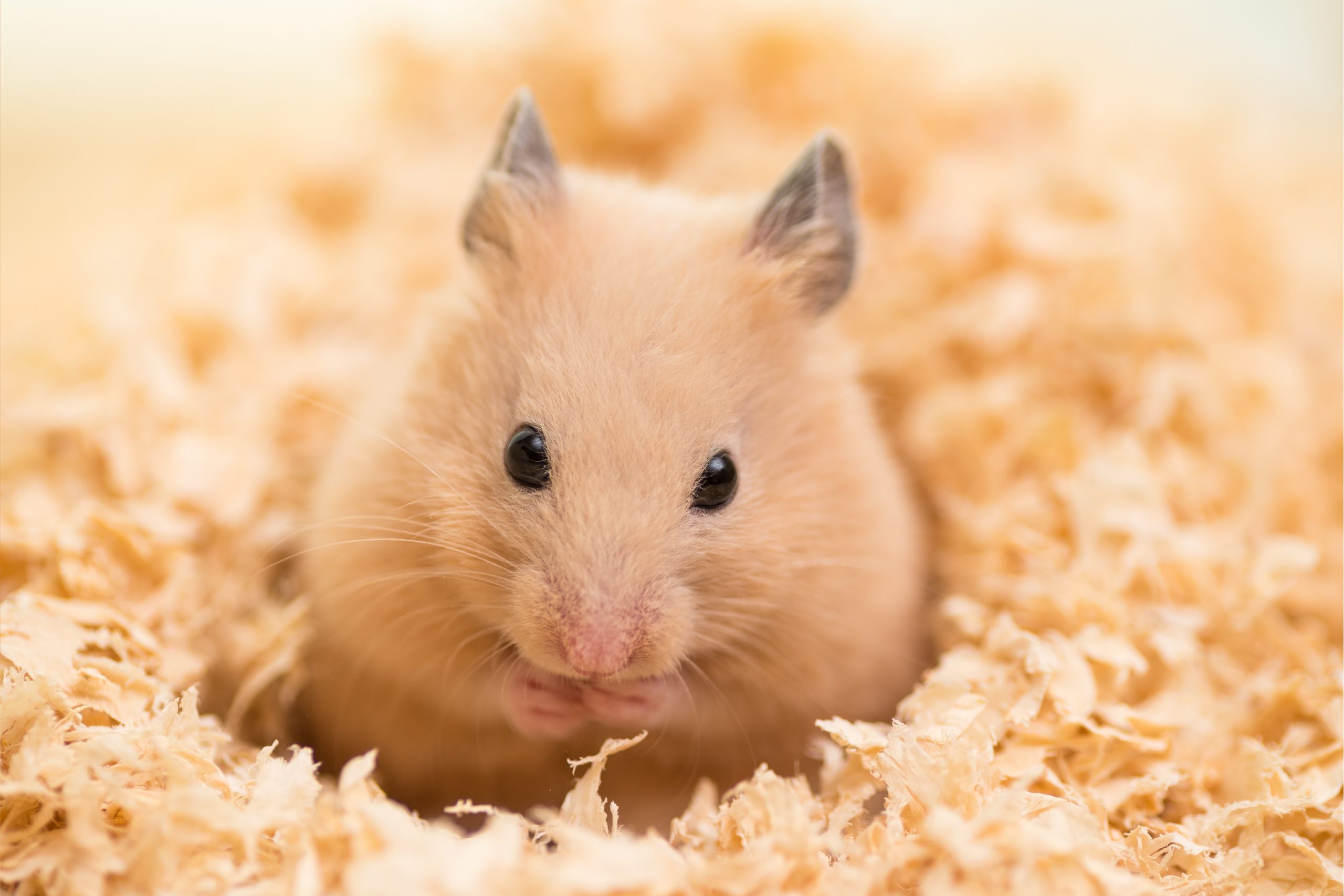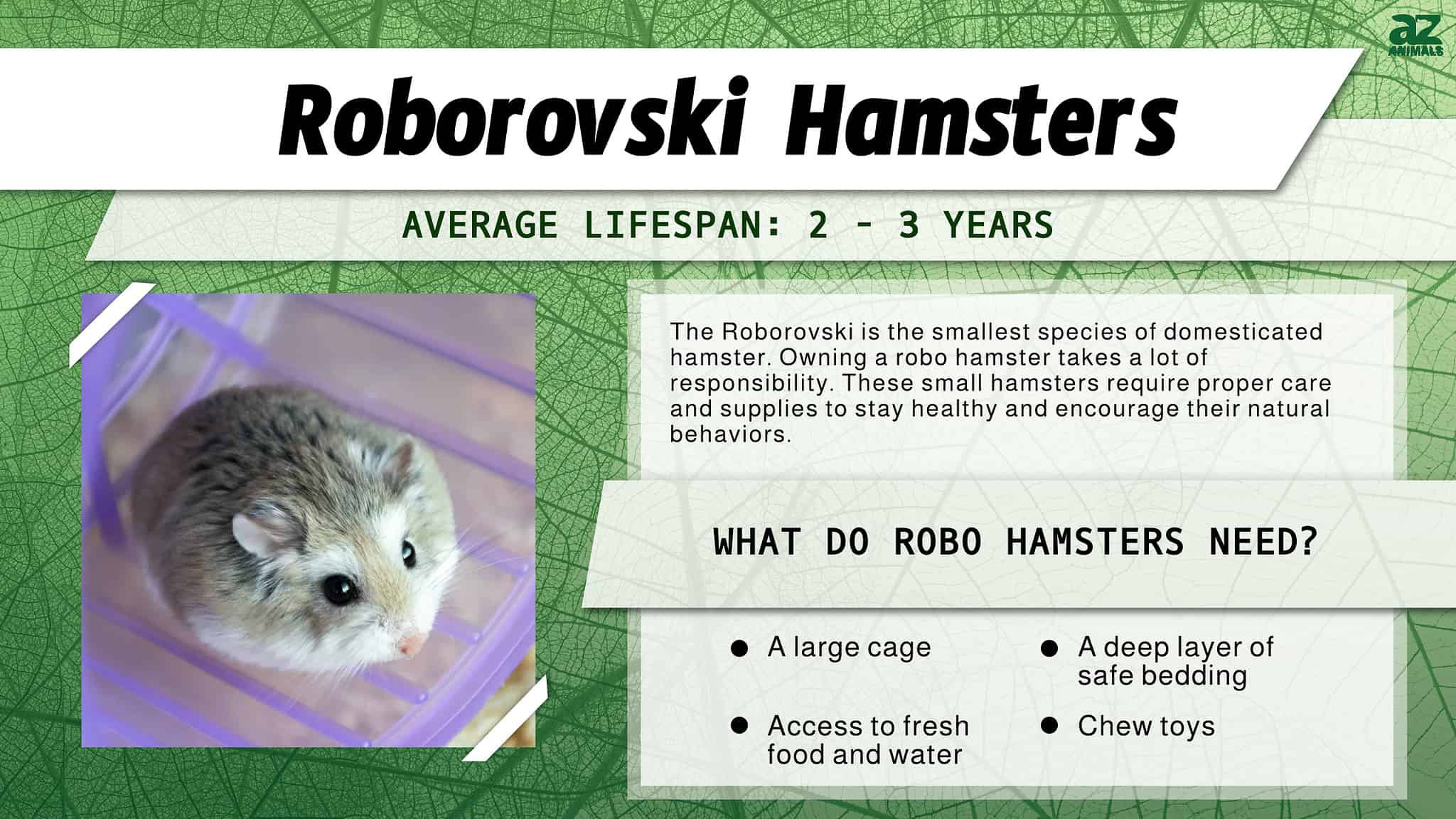X Hamster: A Comprehensive Guide To Care, Types, And Lifespan
So, you're thinking about getting a hamster, huh? Or maybe you already have one and wanna level up your hamster-care game. Whatever your reason is, you're in the right place. x Hamster is more than just a cute little furry friend—it's a responsibility, but don't worry, we're here to help. This guide is packed with everything you need to know about caring for your hamster, the different types, and even their lifespan. So grab a snack (not for the hamster, obviously) and let's dive in.
Hamsters are tiny powerhouses of energy, and they make great pets for beginners or anyone looking for a low-maintenance companion. But before you rush to the pet store, there's a ton of stuff you need to consider. From the right cage setup to feeding habits, grooming, and even understanding their behavior, this guide will walk you through every step. Think of it as your ultimate cheat sheet for hamster parenting.
Oh, and if you're wondering why we're calling it "x Hamster," it's because every hamster is unique! Just like how you might call your pet "Fluffy" or "Buddy," this guide is here to help you understand what makes your little buddy tick. Ready to roll? Let's go!
- Crumbl Cookies Of The Week Menu A Sweet Adventure For Every Taste Bud
- Who Is The Lululemon Founder Unveiling The Visionary Behind The Brand
Why x Hamster Matters: The Ultimate Companion
Hamsters aren’t just cute little balls of fluff; they’re also intelligent and fascinating creatures. Understanding why x hamster matters goes beyond just picking one out of a lineup. These tiny critters can bring so much joy and companionship to your life, but they require proper care and attention. If you’re serious about becoming a hamster parent, it’s crucial to know what you’re getting into.
Hamsters as Emotional Supporters
Let’s be real—life can get stressful. But having a hamster around can actually help reduce stress levels. Watching them run on their wheel, stuff their cheeks with food, or just chill in their little igloo can be incredibly calming. Studies show that interacting with pets, even small ones like hamsters, can boost serotonin levels and improve overall mental health.
Plus, hamsters are super easy to bond with once you get the hang of handling them. They might seem shy at first, but with patience and consistency, they’ll start recognizing you as their favorite human. Imagine coming home after a long day and being greeted by a tiny hamster waving its little paws at you. Priceless, right?
- Lee Mack Wife Blind A Comprehensive Look At The Life And Relationships
- Lizzy Snapgod The Rising Star Whorsquos Taking Over The Internet
Types of Hamsters: Which One Is Right for You?
Not all hamsters are created equal. There are several species of hamsters, each with its own unique traits and temperaments. Choosing the right type of hamster is essential for ensuring both you and your new furry friend are happy and healthy. Here’s a quick rundown of the most common types:
- Syrian Hamster: Also known as the golden hamster, these guys are the largest of the bunch. They’re friendly and great for beginners, but they prefer to live alone.
- Dwarf Hamster: These include species like Roborovski, Campbell’s, and Winter White hamsters. They’re smaller and more social than Syrians, but they can be harder to handle due to their speed and agility.
- Chinese Hamster: A bit of a mix between the two, Chinese hamsters are small and sleek with a longer tail. They’re curious and fun to watch, but they can be a bit skittish.
Each type has its pros and cons, so consider your lifestyle and preferences when making a choice. Do you want a hamster that’s easy to handle, or are you okay with a bit of a challenge? Think about it!
Setting Up the Perfect Habitat
Now that you’ve chosen your hamster type, it’s time to set up their home. A proper habitat is crucial for your hamster’s health and happiness. Here’s what you need to know:
Choosing the Right Cage
When it comes to cages, bigger is always better. A spacious cage gives your hamster room to roam, play, and explore. Look for a cage with solid floors to prevent injuries and make sure it’s easy to clean. Bar spacing is also important—too wide, and your hamster might escape!
Some popular options include multi-level cages, glass aquariums, and DIY setups. Just remember, whatever you choose, it should be safe, secure, and comfortable for your furry friend.
Essential Accessories
Here’s a list of must-haves for your hamster’s cage:
- Hamster Wheel: A good-quality wheel is essential for exercise. Make sure it’s big enough and has a solid surface to avoid injury.
- Bedding: Opt for safe, dust-free bedding like aspen shavings or paper-based options. Avoid cedar or pine, as they can be harmful.
- Food Bowl and Water Bottle: A sturdy food bowl and a leak-proof water bottle are non-negotiable.
- Hiding Spots: Hamsters love to hide! Provide tunnels, igloos, or other hiding places for them to feel secure.
These accessories will help create a cozy and stimulating environment for your hamster. Trust me, they’ll appreciate it!
Feeding Your Hamster: What to Feed and What to Avoid
Proper nutrition is key to keeping your hamster healthy and happy. Their diet should consist of a balanced mix of commercial hamster food, fresh fruits and veggies, and occasional treats. But be careful—some foods can be harmful to your furry friend. Here’s a breakdown of what to feed and what to avoid:
What to Feed
- Pellets or Seed Mix: Look for high-quality hamster food that provides all the necessary nutrients.
- Fresh Fruits and Veggies: Offer small portions of safe produce like carrots, apples, and spinach.
- Occasional Treats: Seeds, nuts, and cooked chicken can be given as treats, but in moderation.
What to Avoid
- Chocolate and Sugary Foods: These can cause obesity and health issues.
- Citrus Fruits: Too acidic for hamsters and can upset their stomachs.
- Raw Beans and Potatoes: These can be toxic to hamsters.
Always remember to provide fresh water daily and monitor your hamster’s weight to ensure they’re eating well.
Grooming and Health Care
Hamsters are pretty good at keeping themselves clean, but they still need a little help from time to time. Regular grooming and health checks are essential for maintaining their well-being. Here’s how you can help:
Grooming Tips
- Brushing: Use a soft brush to gently remove loose fur and keep their coat shiny.
- Bathing: Hamsters rarely need baths, but if they do, use a special hamster-safe bath sand instead of water.
- Nail Trimming: If their nails get too long, you may need to trim them carefully with a small pair of clippers.
Regular grooming not only keeps your hamster looking good but also helps you bond with them.
Health Checks
Keep an eye out for any signs of illness, such as lethargy, loss of appetite, or changes in behavior. If you notice anything unusual, it’s best to consult a veterinarian who specializes in small animals. Prevention is key, so make sure your hamster gets regular check-ups.
Understanding Hamster Behavior
Hamsters have unique personalities and behaviors that make them fascinating to watch. Understanding their quirks can help you provide better care and strengthen your bond with them. Here are some common behaviors you might observe:
Why Do Hamsters Hoard Food?
Hoarding food is a natural instinct for hamsters. In the wild, they would store food in their burrows to ensure they have enough to eat during lean times. So don’t be surprised if you find little stashes of food hidden around their cage!
Nighttime Activity
Hamsters are nocturnal, which means they’re most active at night. While this can be a bit annoying if their cage is in your bedroom, it’s also a great opportunity to watch them play and explore.
Lifespan of a Hamster: What to Expect
One of the most important things to consider before getting a hamster is their lifespan. On average, hamsters live between 2 to 3 years, depending on the species. While this may seem short, it’s important to provide them with the best possible care during their time with you.
Factors Affecting Lifespan
- Genetics: Some hamsters are simply born healthier than others.
- Diet: A balanced diet contributes significantly to their longevity.
- Environment: A clean, safe, and stimulating habitat can help them live longer.
By taking good care of your hamster, you can help them live a happy and healthy life.
Common Myths About Hamsters
There are plenty of myths floating around about hamsters, and it’s important to separate fact from fiction. Here are a few common ones:
Myth: Hamsters Are Low-Maintenance Pets
While hamsters are easier to care for than some other pets, they still require daily attention and regular cleaning. Neglecting their needs can lead to health problems and a shorter lifespan.
Myth: All Hamsters Are Social
Not all hamsters enjoy being handled or living with other hamsters. Some species, like Syrians, prefer to live alone. Always research the specific needs of your hamster type before assuming they’ll be social.
Tips for Bonding with Your Hamster
Bonding with your hamster takes time and patience, but it’s definitely worth it. Here are a few tips to help you build a strong relationship with your furry friend:
Handling Techniques
- Start Slow: Let your hamster get used to your presence before trying to pick them up.
- Use Both Hands: Support their body fully to prevent them from falling.
- Offer Treats: Positive reinforcement with treats can help them associate you with good things.
Remember, every hamster is different, so adjust your approach based on their personality.
Conclusion: Your Journey with x Hamster
And there you have it—a comprehensive guide to caring for your x hamster. From choosing the right type to setting up their habitat, feeding them properly, and understanding their behavior, you’re now equipped with the knowledge to be an awesome hamster parent. Remember, the bond you build with your hamster will make all the effort worthwhile.
Now it’s your turn! Share this guide with fellow hamster lovers, leave a comment below, or check out our other articles for more pet-care tips. Happy hamster parenting!
Table of Contents
- Why x Hamster Matters: The Ultimate Companion
- Types of Hamsters: Which One Is Right for You?
- Setting Up the Perfect Habitat
- Feeding Your Hamster: What to Feed and What to Avoid
- Grooming and Health Care
- Understanding Hamster Behavior
- Lifespan of a Hamster: What to Expect
- Common Myths About Hamsters
- Tips for Bonding with Your Hamster
- Conclusion: Your Journey with x Hamster
- Tyler James Williams Father Unveiling The Life And Legacy Behind The Scenes
- Hub Movie 4u Your Ultimate Destination For Movie Entertainment

Caresheet Philippine Hamster Keepers

Hamster Care Sheet PetMD, 47 OFF

Roborovski Dwarf Hamster Pet Care Guide, Lifespan, Cost, and Important